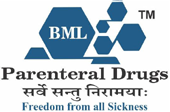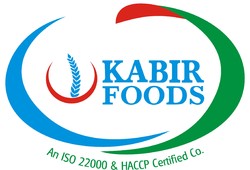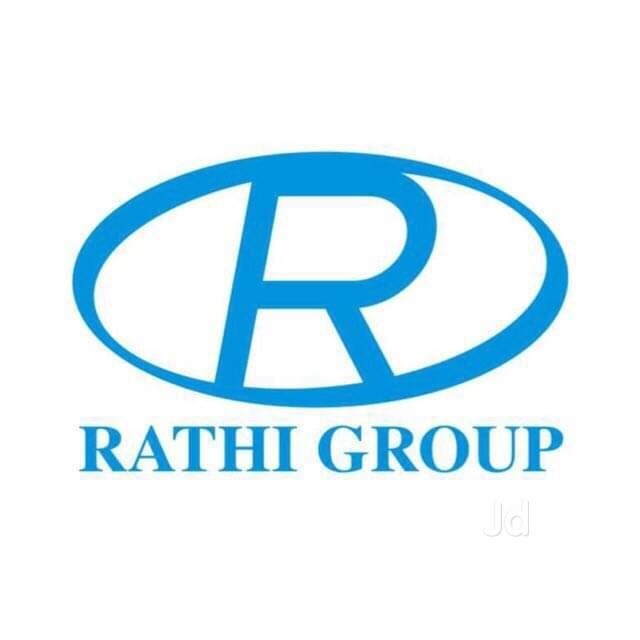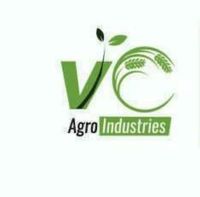FOOD & BEVERAGES INDUSTRY
Boilers are essential in the food and beverage industry for a wide range of applications due to their ability to provide steam and hot water at controlled temperatures. Here are some common uses of boilers in this industry:
STEAM GENERATION
Boilers are primarily used to generate steam, which is utilised for various purposes in food and beverage processing. Steam is used for cooking, blanching, pasteurisation, sterilisation, and heating in processes such as brewing, dairy processing, vegetable processing, and meat processing.
STERILISATION AND SANITATION
Steam generated by boilers is crucial for sterilising equipment, containers, and production areas in the food and beverage industry. It is used to sanitise equipment surfaces, pipelines, and storage tanks to ensure food safety and prevent contamination.
HEAT TRANSFER
Boilers facilitate heat transfer for processes such as heat exchangers, where steam is used to heat or cool food products indirectly. Heat exchangers are commonly employed for heating or cooling liquids, pastes, or viscous materials in food processing operations.
CLEANING-IN-PLACE (CIP) SYSTEMS
Boilers provide hot water or steam for Cleaning-in-Place systems used to clean and sanitise processing equipment and pipelines. CIP systems rely on high-temperature water or steam to remove residues, bacteria, and other contaminants from equipment surfaces effectively.
COOKING AND PASTEURISATION
Boilers play a crucial role in cooking and pasteurisation processes in the food and beverage industry. They provide the necessary heat for pasteurising milk, juice, and other beverages to eliminate harmful bacteria while preserving product quality and extending shelf life.
STEAM JACKETED KETTLES AND VESSELS
Steam jacketed kettles and vessels are widely used in food processing for cooking, heating, and mixing food products. Boilers supply steam to the jacketed walls of these vessels, allowing precise temperature control and uniform heating of the contents.
BAKING AND FOOD DRYING
In baking and food drying processes, boilers provide the heat necessary for baking ovens, drying tunnels, and other equipment used to remove moisture from food products. Steam or hot air produced by boilers is employed to achieve specific drying or baking temperatures, resulting in desirable product characteristics.
HUMIDIFICATION
Boilers are utilised for humidification in food storage facilities and production environments where maintaining controlled humidity levels is essential for preserving food quality and freshness.
PACKAGING
Boilers may also be involved indirectly in food packaging processes, where steam is used to sterilise packaging materials or as part of shrink-wrapping systems for packaging finished products.
Overall, boilers are critical in the food and beverage industry for steam generation, sterilisation, sanitation, heat transfer, cooking, pasteurisation, baking, drying, humidification, and packaging. They contribute to the safe and efficient production of high-quality food and beverage products while ensuring compliance with regulatory standards for food safety and hygiene.
Clients
Our Esteemed Clientele: It Has Been Our Privilege To Serve Them.


















